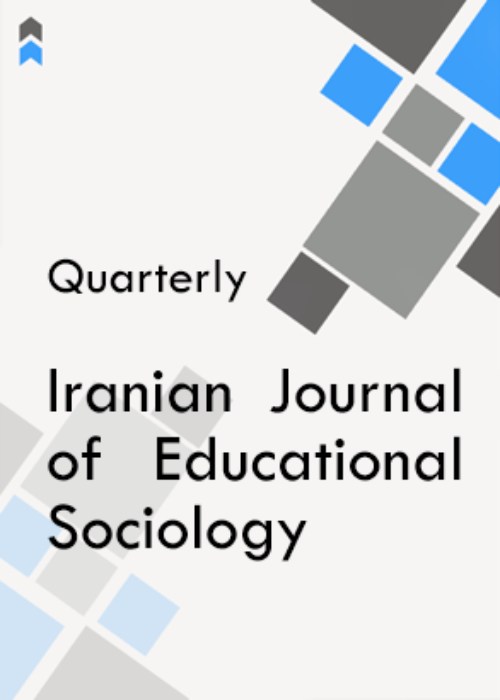Providing a model of Personal Self-Efficacy for High School Teachers: Grounded Theory Approach
The aim of this study was to present a model of personal self-efficacy of secondary school teachers
The method of this research was qualitative and the data theory theory paradigm model was used. The statistical population included experts, specialists, officials and experts on education and faculty members in the fields of educational management and psychology, Using purposive sampling method with maximum diversity to achieve theoretical saturation, 21 people were interviewed as semi-structured interviews. For validity and validity of the data, two methods of reviewing participants and reviewing non-participating experts in the research were used. The collected data were analyzed using MAXQDA software during three stages of open coding, axial coding and selective coding.
The findings showed that 27 general categories within the framework of the paradigm model, in three categories of effective planning and evaluation, environmental conditions and respect and motivational and social characteristics of the job (causal conditions), in seven categories of constructive interaction and ethics Teaching skills and teaching competence, decision-making and problem-solving skills, teacher morale and perseverance, classroom management, student involvement and application of teaching methods (central phenomenon of personal self-efficacy of secondary school teachers), in four categories of management style and facilities, Students’ motivation and skills, competitive environment and successful models and characteristics of teachers (background conditions), in four categories: system inadequacy, economic and cultural problems, educational and attitude challenges, and processes and standards (intervening conditions), in five Creating dynamic self-efficacy structures and centers, encouraging and increasing teachers’ skills, improving teachers’ motivation and commitment, and establishing professional systems in education (strategies), in four categories: improving teacher satisfaction and relationships between teachers and students, improving the quality of education and Teaching, reducing burnout and improving mental health, modeling self-efficacy and improving performance (PIA) Mods) has been extracted.
Teachers’ personal self-efficacy includes three components: self-efficacy for student engagement, self-efficacy for classroom management, and self-efficacy for teaching strategies
- حق عضویت دریافتی صرف حمایت از نشریات عضو و نگهداری، تکمیل و توسعه مگیران میشود.
- پرداخت حق اشتراک و دانلود مقالات اجازه بازنشر آن در سایر رسانههای چاپی و دیجیتال را به کاربر نمیدهد.




